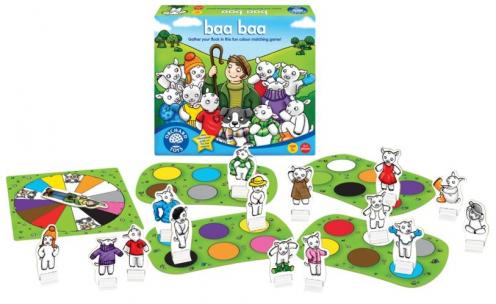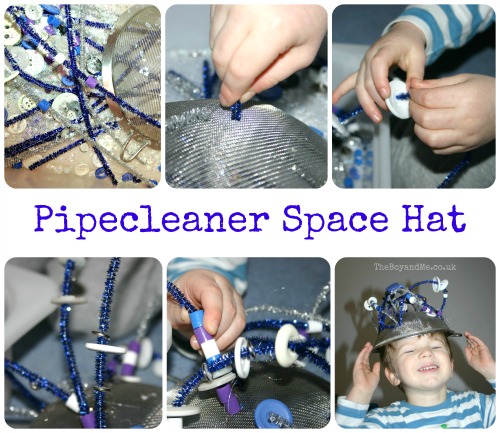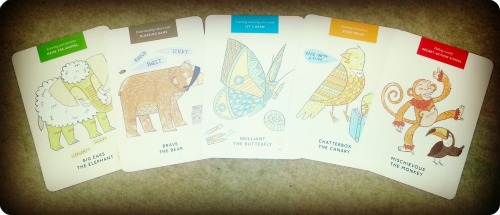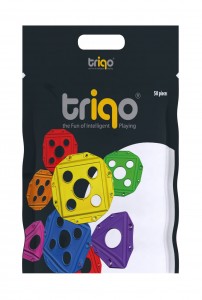I'm very fortunate that I have a fabulous sponsor for Britmums Live! in Orchard Toys, and as a result we've had a chance to review some of their amazing games and puzzles this year. Their latest game, entitled 'Baa Baa', is another excellent resource, and as always is incredibly fun.






